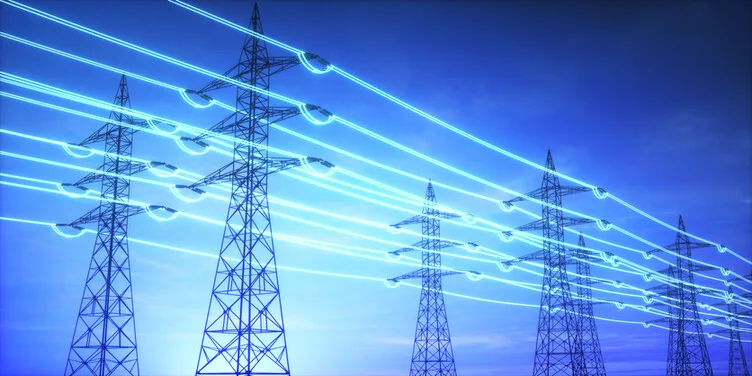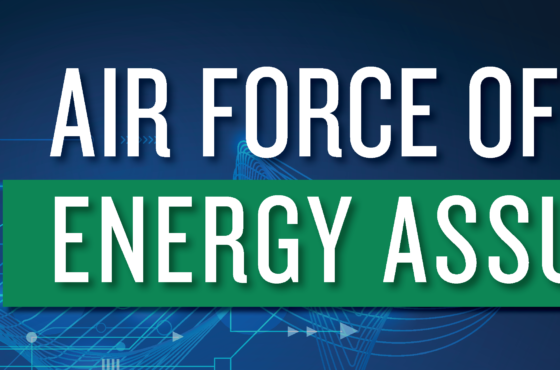Updated Overview of New Rules and Compliance Deadlines For Retail Energy Brokers in New York
Compliance deadlines for new rules from the New York Public Service Commission (PSC), which would have subjected retail energy brokers and consultants to an annual registration requirement, including the posting of financial security, as well as new marketing rules and regulations, including the disclosure of compensation, have been extended by the PSC, as the Commission reconsiders its June 23 order on the regulations.
The PSC granted brokers and consultants an extension of all of the relevant compliance deadlines — including the deadline for the filing of an initial registration, and for compliance with new marketing rules — until such time as the Commission issues a decision concerning pending requests for rehearing of the June 23 order.
So what did the PSC originally order in its June 23 broker decision? And for that matter, what exactly is an Energy Broker and Energy Consultant as defined by the PSC? Here are the PSC’s definitions:
Energy Broker – “A non-utility entity that performs energy management or procurement functions on behalf of customers or ESCOs, and (1) that assumes the contractual and legal responsibility for the sale of electric supply service, transmission or other services to end-use retail customers, but does not take title to any of the electricity sold, and does not make retail energy sales to customers, or (2) that assumes the contractual and legal obligation to provide for the sale of natural gas supply service, transportation or other services to end-use retail customers, but does not take title to any of the natural gas sold, and does not make retail energy sales to customers.”
Energy Consultant – “any person, firm, association or corporation who acts as broker in soliciting, negotiating or advising any electric or natural gas contract, or acts as an agent in accepting any electric or natural gas contract on behalf of an ESCO.”
As indicated by the definitions, the PSC, relying on statutory language, had in the June 23 order adopted generally broad definitions for the terms Energy Broker and Energy Consultant. In fact, if a retail energy supplier performs the functions within the definition of Energy Broker or Energy Consultant, the supplier would have been required to register as an Energy Broker or Energy Consultant, even if the supplier was already registered as an ESCO.
Also notable is that the PSC in the June 23 order said that any third parties that market on behalf of ESCOs, including telemarketers, door-to-door marketers, kiosk marketers, and any other vendors, fall within the definition of “Energy Consultant”, as the PSC further said, “ESCO third-party marketers will be required to register with the Commission.”
Entities that the PSC had said are exempt from registration are attorneys, administrators of municipal aggregations, and consultants which do not advise on energy supply purchasing decisions (such as utility tariff advisors).
Under the June 23 order, Energy Brokers and Energy Consultants would be required to pay an annual $500 registration to the PSC.
Additionally, Energy Brokers would be required to provide a $100,000 irrevocable standby letter of credit, and Energy Consultants would be required to provide a $50,000 irrevocable standby letter of credit, as part of registration.
Energy Brokers and Energy Consultants would be required to provide to the PSC a sample standard agreement between the Energy Broker or Energy Consultant and the customer. Under the June 23 order, this agreement could not be a sample ESCO contract; it must reflect service from the Energy Broker or Energy Consultant.
Under the June 23 order, ESCOs would be prohibited from accepting enrollments from, or providing payments to, entities which fall within the definition of Energy Broker or Energy Consultant but which are not registered with the PSC.
The June 23 order would subject Energy Brokers and Energy Consultants to a variety of marketing and consumer protections rules, most of which are largely drawn from the current ESCO marketing rules.
One new rule under the June 23 order would be that Energy Brokers and Energy Consultants must disclose to the customer their compensation in a conspicuous statement on any contract.
“This disclosure must include anything of value that was given as compensation to the Energy Broker or Energy Consultant for their work, including commissions, bonuses, and any non-financial compensation,” the PSC had said in the June 23 order.
Additionally, the June 23 order stated that, “No Energy Broker, Energy Consultant or any other person acting for or on behalf of the Energy Broker or Energy Consultant shall offer or make, directly or indirectly, any rebate of any portion of the fee, premium or charge made, or pay or give to any applicant, or to any person, firm, or corporation acting as agent, representative, attorney, or employee of the energy ratepayer or any interest therein, either directly or indirectly, any commission, any part of its fees or charges, or any other consideration or valuable thing, as an inducement for, or as compensation for, any energy supply or energy-related business.”
For door-to-door sales, Energy Brokers and Energy Consultants would be required to, at the start, “Introduce him or herself with an opening statement that identifies the entity which he or she represents, identifies him or herself as a representative of that specific entity; explains that he or she does not represent the distribution utility; and, explains the purpose of the solicitation.”
Similarly, for telephonic sales, Energy Brokers and Energy Consultants would be required to, at the start of the call, state, among other things, the purpose of the telephone call, and explain that they do not represent the distribution utility.
Energy Brokers and Energy Consultants would be required to, “[e]nsure that any product or service offerings marketed by an Energy Broker or Energy Consultant contain information written in plain language that is designed to be understood by the customer.”
A notable requirement which is typical for ESCOs, but which would be new to Energy Brokers and Energy Consultants, would be that Energy Brokers and Energy Consultants must make provisions to ensure that customers are provided with utility emergency contact numbers when customers call the broker or consultant with an emergency. If an Energy Broker’s or Energy Consultant’s customer service representatives are not available to provide this information (i.e. after hours), “the Energy Broker or Energy Consultant shall provide for after-hours emergency contacts, including transfer of emergency calls directly to a distribution utility or an answering machine message that includes an emergency number for direct contact to the distribution utility,” the June 23 order stated.
Under the June 23 order, Energy Brokers and Energy Consultants would be required to obtain, in the same manner as prescribed for ESCO enrollments, customer authorization to receive customer usage data from the utility. This would include, depending on the form that authorization takes, a written signature, electronic authorization, or a recorded voice authorization, with each potentially subject to third-party verification where applicable.
Energy Brokers and Energy Consultants which receive customer data from the utilities would be subject to the same PSC cybersecurity rules applicable to ESCOs.
By; Ananda Goswami, SVP Retail Sales, VertexOne




